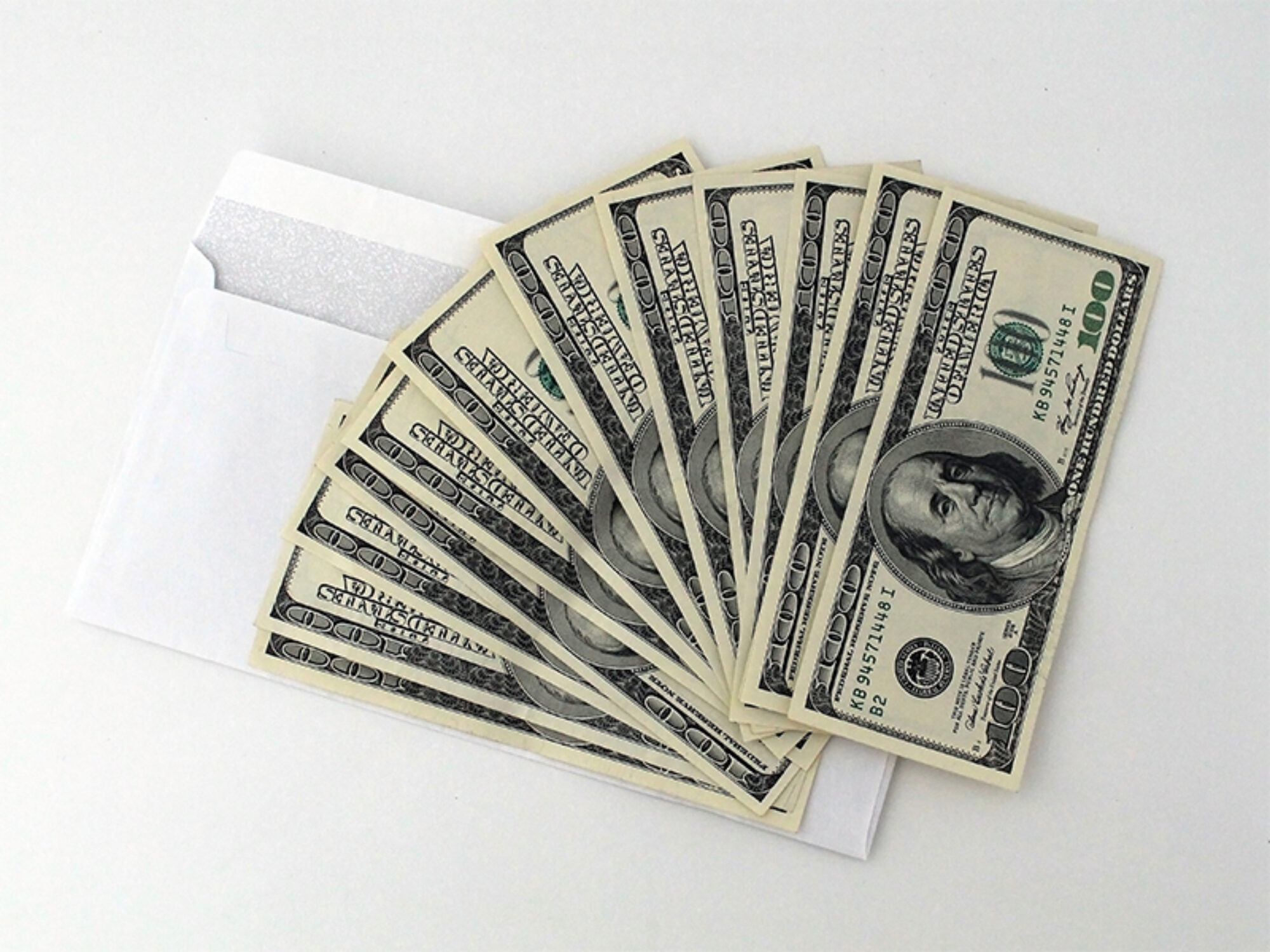
Refinance Loan
A great way to save money long-term.
A mortgage refinance is a home loan that replaces your current loan. Most people use a refinance to save money or access cash from the equity in their home. In a refinance, the current loan’s interest rate is replaced with a new rate, which can help save thousands over the life of your loan. Refinancing may sound complicated, but with an experienced mortgage adviser, you’ll probably find the process to be easier than your original home purchase.
What can a refinance do for you? Take a look at some of the ways a refinance could save you money or help you achieve other goals.

Reduce your total interest paid by shortening your loan term
Some borrowers who choose to refinance will change their 30-year original term to a new, 15-year term. Shorter loan terms can greatly reduce the overall interest you pay before owning the home outright.

Lower your monthly payment with a better interest rate
When you refinance, you get a new interest rate. If today’s rate is lower than what you currently have, you may save money each month. Interested in what interest rates look like today? One of our experienced mortgage advisers is happy to help.

Convert your loan from an adjustable-rate to a fixed-rate
Adjustable-rate loans are tricky, and sometimes borrowers want the predictability of a fixed-rate mortgage. Converting your adjustable-rate mortgage to a fixed rate will protect your loan from unexpected cost increases in the future. You’ll know exactly what you owe each month with no surprises.

Draw cash from your current equity
A cash-out refinance allows you to pull cash from the equity you already have in your home. This cash is used for important expenses like debt payments or consolidation, tuition, medical expenses, and more. For example, a refinance mortgage interest rate of around 4% is much better than the average credit card interest rate of nearly 20%!
Refinance Frequently Asked Questions
-
Will a refinance save me money?
You should check with a mortgage adviser. This answer depends on several factors: current interest rates, how much equity you already have, your other debts, and more. Your adviser will run scenarios demonstrating the results of your various refinance options.
-
What is equity?
Equity is the difference between your home’s appraised value and the amount you currently owe on it. For example, if your house is worth $250,000 and you still owe $175,000 on it, you would have $75,000 in equity. This number is important because it helps determine how much money you can access in a cash-out refinance.
-
Do I qualify for a refinance?
Qualification requirements for refinancing vary from lender to lender. Similar to when you purchased your home, you’ll need to meet certain minimum credit score and income requirements. Plus, there are certain seasoning requirements depending on the home you purchased and the loan type used.
-
Are there closing costs on a mortgage refinance?
Yes. A home appraisal is sometimes required as well. You’ll want to make sure the refinance savings will outweigh the closing costs. That’s another question your mortgage adviser can answer for you in a complimentary mortgage consultation.